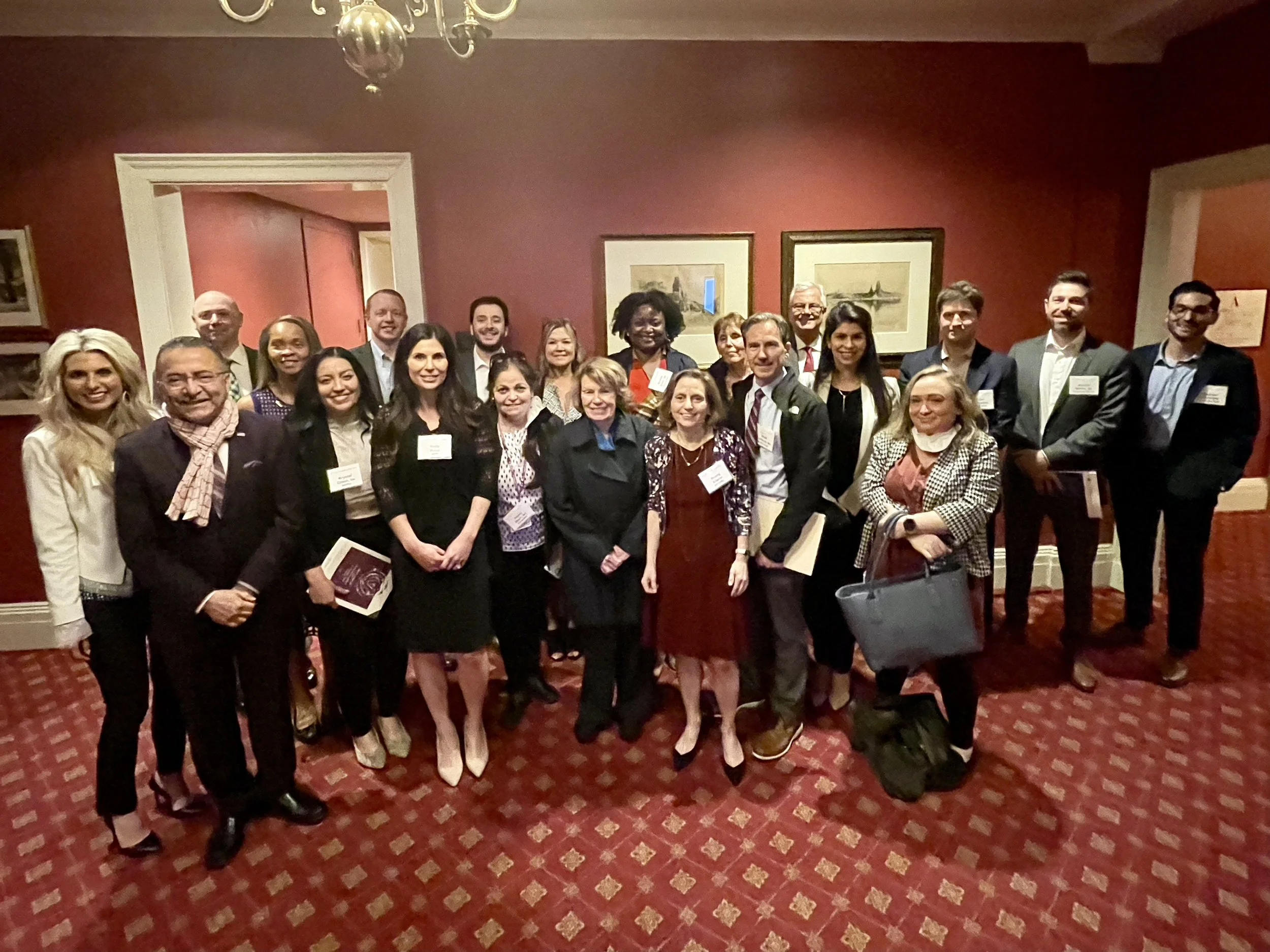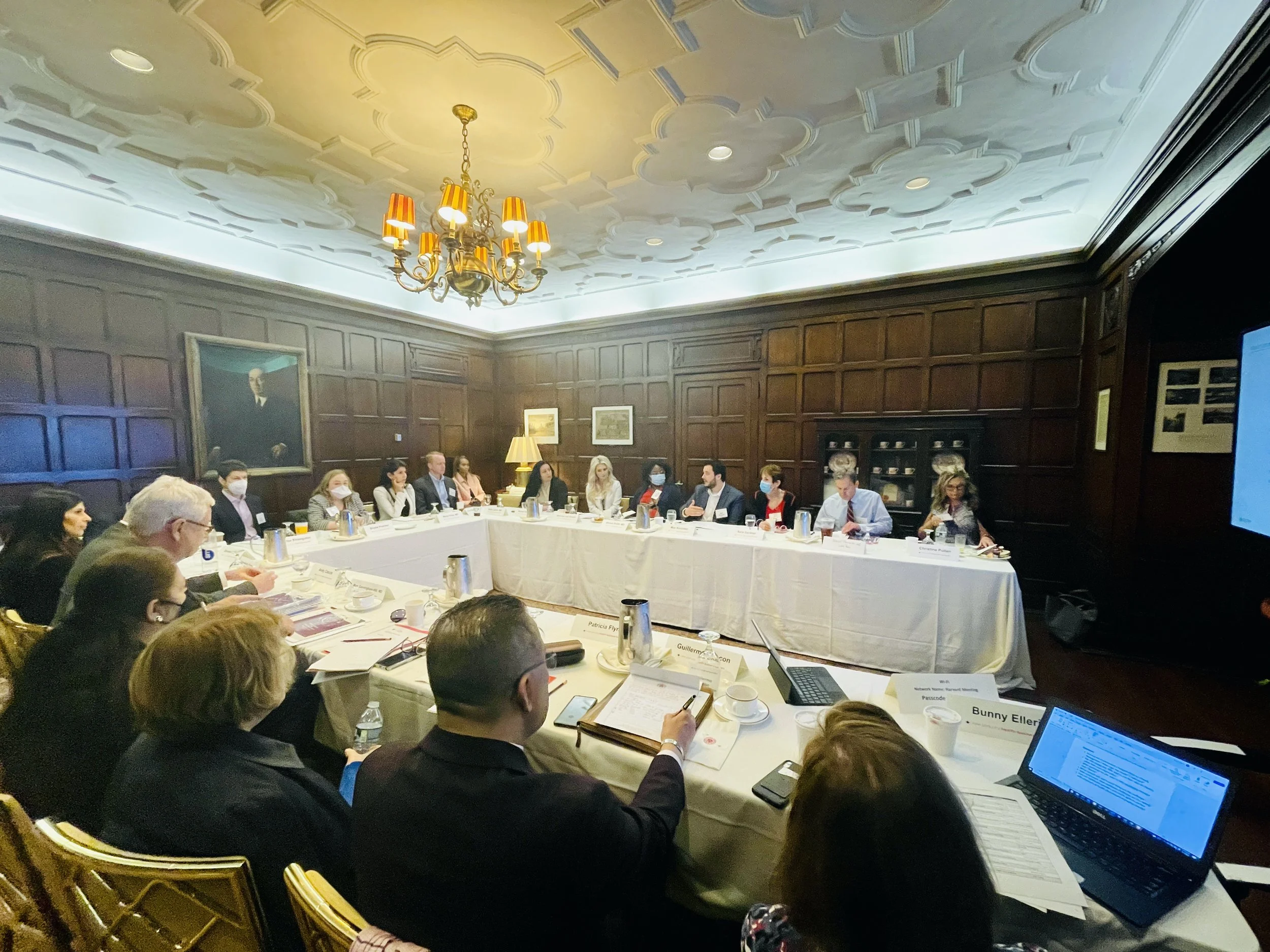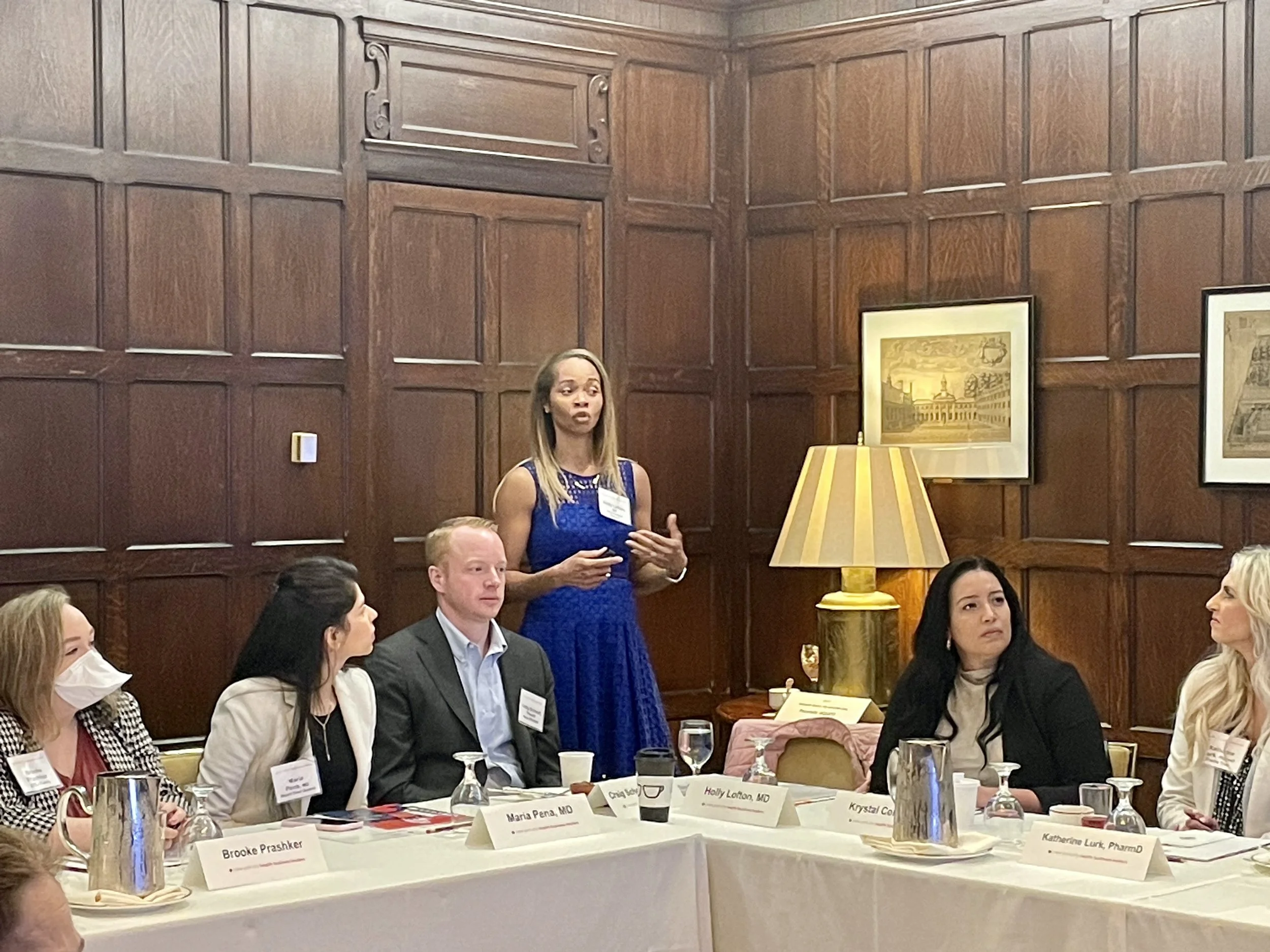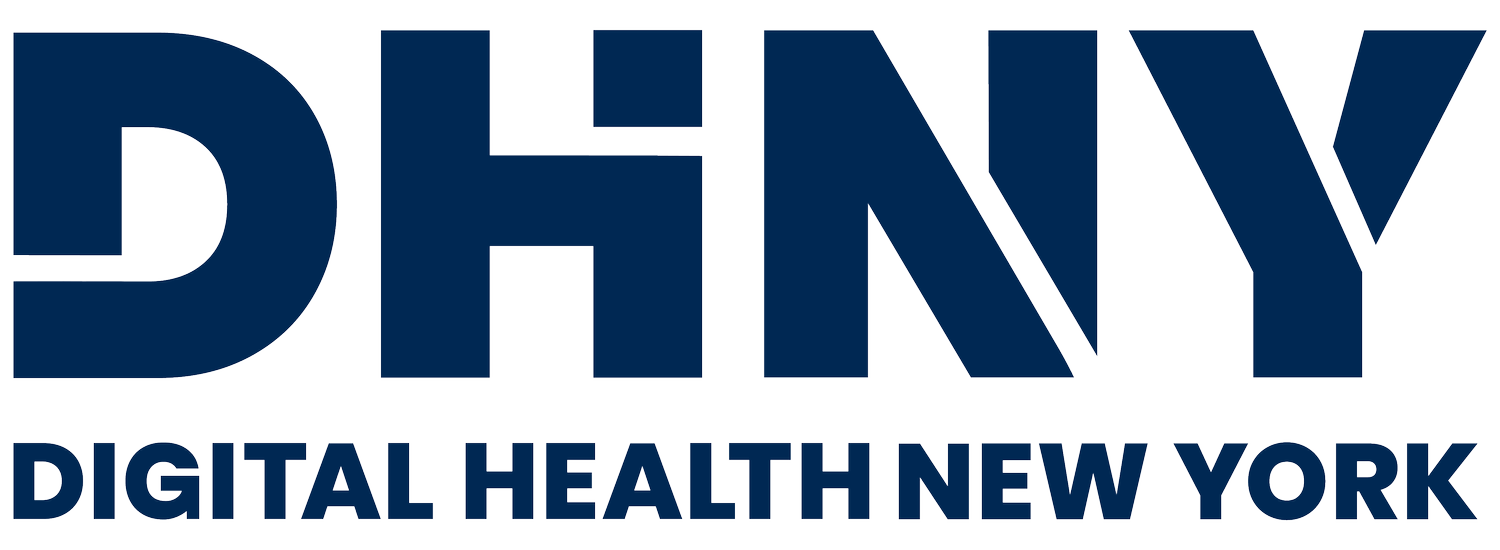NYC Obesity Working Group
The NYC Obesity Working Group, led by Digital Health New York, is comprised of stakeholders from employers, providers, health plans, health systems and government organizations. To learn more, please contact us at info@dhny.co.
Our primary objectives include:
Raise awareness around the physical, emotional and financial costs of obesity with a group of stakeholders with the power to make change happen
Develop actionable steps this group – and broader community – can take to address gaps in care
Agree to realistic goals and continually measure progress

Obesity Management Framework
We created this framework to enable employers to consider how comprehensive obesity care, including anti-obesity medications (AOMs), impacts their business.
INSIGHTS & PERSPECTIVES ON OBESITY
A virtual series from the NYC Obesity Working Group
Obesity Management as a Workforce Imperative
Obesity is no longer just a public health concern - it’s a workforce and economic priority. As prevalence rises and treatment options evolve, employers face growing pressure to make data-driven decisions that support employee wellbeing and manage long-term costs. In this session, Aon thought leaders shared exclusive insights and forward-looking strategies to help organizations navigate this complex landscape.
The Economics of Obesity
Making Coverage Work
This conversation covered a variety of topics related to the challenges of evaluating and implementing coverage for obesity treatments. Panelists discussed ideas and propose solutions to successfully navigate the issues related to PBM (pharmacy benefit manager) contracts, patient identification, cost estimations, and rebate strategies.
New Treatments for Obesity
Managing Costs & Care
The second episode in our new series of discussions with experts in the field of Obesity. Designed for employers, health benefits leaders, payers, policy makers and health system executives, the webinars present information, recommendations and best practices on the opportunities and challenges facing all stakeholders.
The Human Impact of Obesity:
A Day in the Life of Patient & Provider
Featuring Dr. Holly Lofton, one of the nation’s leading Obesity Medicine specialists at NYU Langone School of Medicine, and Glenn Catania, who has lived with obesity for much of his life.
Why is Obesity So Misunderstood?
NEW RESEARCH
Obesity has been in the news quite a bit over the past year. The focus on obesity has been particularly interesting to us because in May 2023, NYC Health Business Leaders (now part of DHNY) launched the NYC Obesity Working Group (OWG) to raise awareness around the physical, emotional and financial costs of obesity. The group is comprised of stakeholders from employers, providers, payers, health systems and governmental organizations in and around New York.
We convened the OWG because despite its prevalence, obesity is still widely misunderstood. It has been classified as a disease by the American Medical Association since 2013 but is still looked upon as a lifestyle failing by many. Its incidence continues to increase globally and in New York the data clearly shows it’s an epidemic: at least 56% of adults are obese or overweight according to the NYC Department of Health. We know those suffering from obesity are at increased risk for diabetes, heart disease, stroke, high blood pressure, arthritis and many types of cancer. We also know there are linkages between poor mental health and obesity. The stakes have never been higher.
Given the significant costs associated with obesity, we recently conducted research among employers to understand attitudes and beliefs towards obesity. Over a 6-week period during Q1 2023, we surveyed 29 employers across the country to gather data about the current state of awareness of obesity as a chronic disease with treatment options. The majority (55%) of respondents represented large employers (over 5000 employees) but we also heard from medium-sized (1000-5000 employees ) and small (under 1000 employees) employers.
The results were fascinating, as depicted in our infographic. Overall, employers don’t fully understand the extent to which obesity impacts their organizations. Almost half of employers surveyed don’t address obesity as an organizational priority, even though the majority recognize obesity as a disease. Despite the attention in the market on obesity, there is much work to do to educate those with the ability to manage the disease and effect treatment.
Based on the results, the OWG plans to create educational resources to address gaps in knowledge and care.



